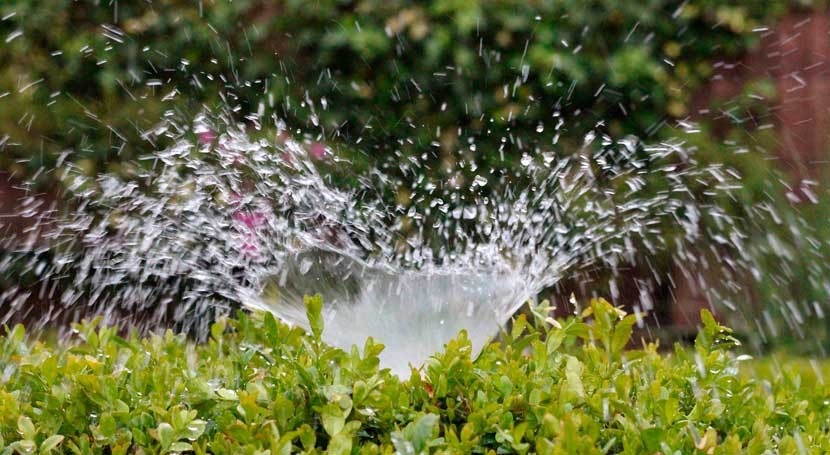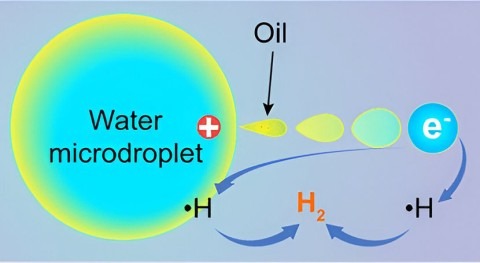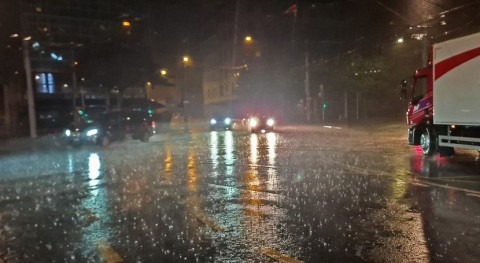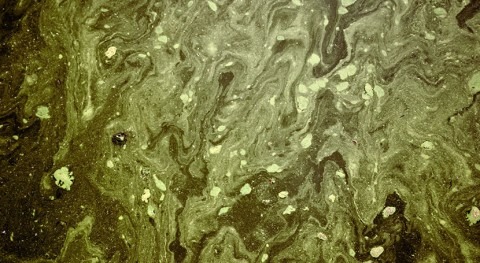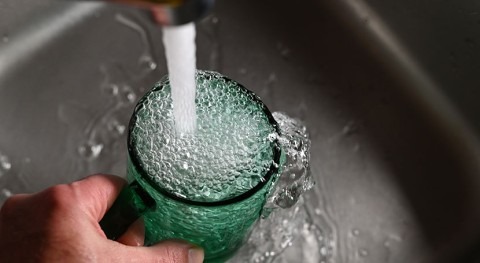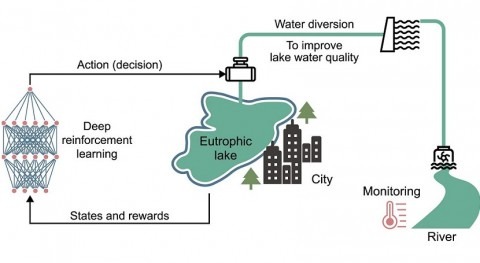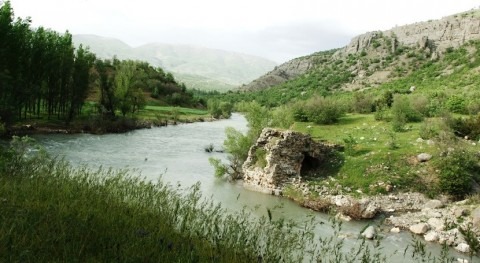With dwindling fresh water resources, the use of waste water for irrigation, especially in dry areas is getting prevalent. Farmers are turning to the use of treated and untreated waste water that is often polluted with heavy metals.
Overtime, heavy metals in irrigation water build-up in soil and plants uptake both essential and non-essential metals from such soils. Phyto-accumulated heavy metals in such plants may reach toxic levels and pose threat to human health.
Supervised by Prof. YAN Xue, Ph.D student Samwel Maina Njuguna from Sino-Africa Joint Research Center (SAJOREC) assessed remediation efficiency of heavy metals in Thika waste water treatment plant and human health risk by comparing vegetables from irrigated area served by the plant and the local Makongeni market in Kenya.
Concentration of Cu, Zn, Cr, Ni and Pb was investigated in the sludge, waste water and vegetables. Effluent waste water appeared to meet tolerable recommended concentration for irrigation water, implying Thika waste water treatment plant was efficient in heavy metal remediation.
Sampled vegetables had significantly low target hazard quotient and posed no health risk to consumers. However, low heavy metal concentration in reclaimed waste water may build-up over time in soil and contaminate vegetables under production.
It is therefore necessary to dredge the sludge once heavy metal concentration exceeds tolerable concentration for farming to avoid resuspension of precipitated metals into reclaimed water.
The study reveals that besides reclaimed water that may be perceived to pose great health risk to consumers, the whole food production and distribution chain should be monitored to guarantee food safety.
This project was supported by Sino-Africa Joint Research Center, Chinese Academy of Sciences and National Natural Sciences of China.


